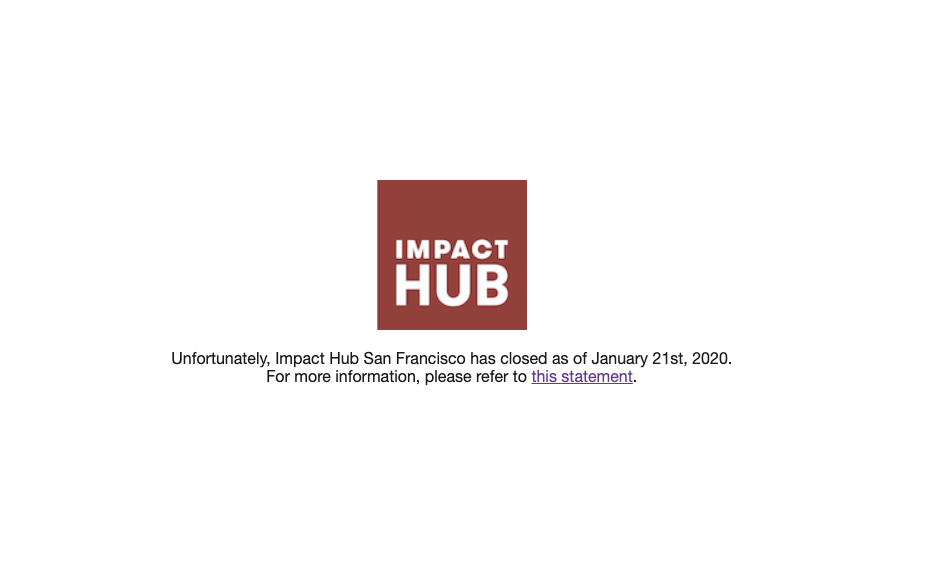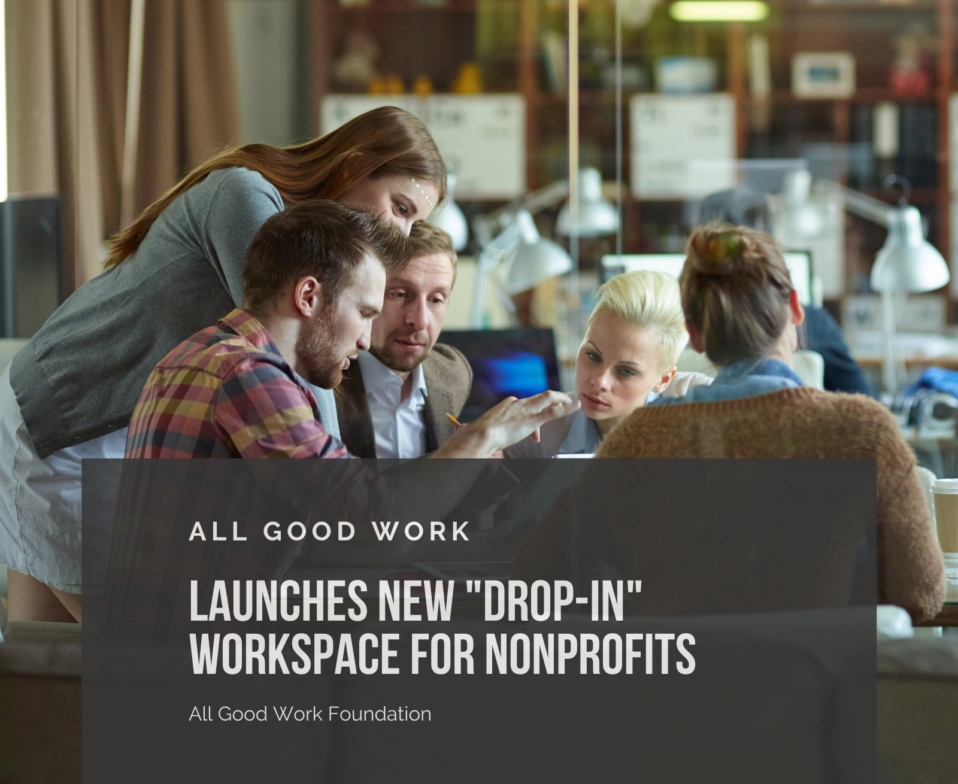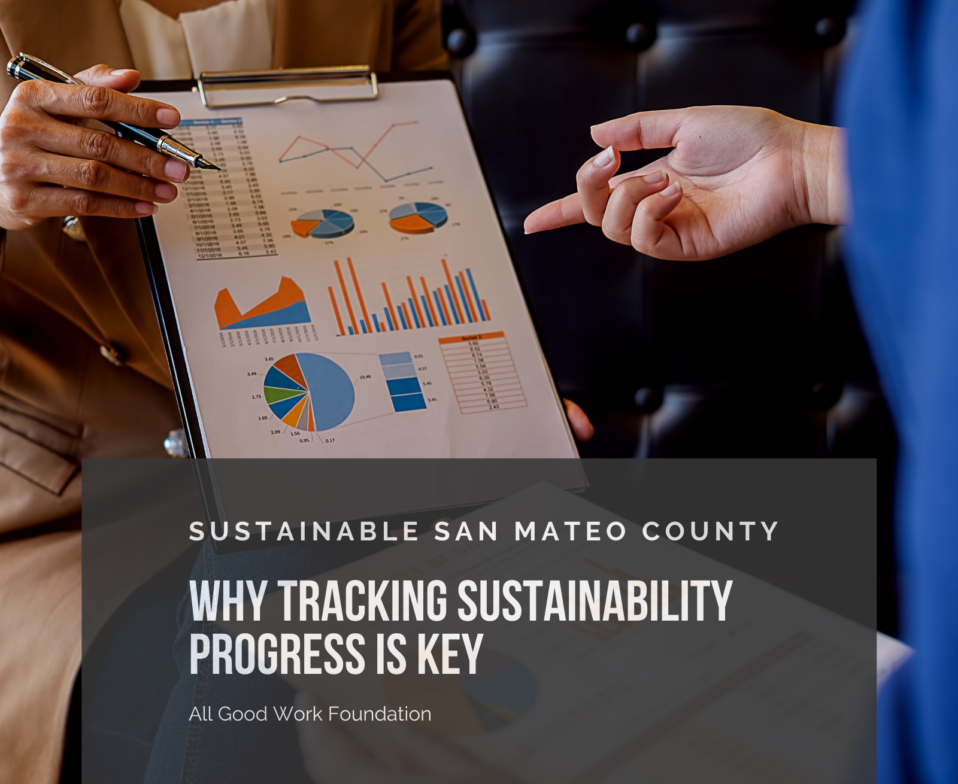- The Impact Hub in San Francisco was forced to close last week because it was unable to pay its rent.
- The closing laid bare the reality of nonprofit displacement.
- Though the closing of the San Francisco Impact Hub is a blow to the social impact community, collectively the coworking industry can help solve the problem of nonprofit displacement.
Last week, The Impact Hub in San Francisco was forced to close its doors after failing to negotiate a settlement with their landlord over past due rent. This comes on the heels of Impact Hub closures in Berkeley, Washington D.C. and New York City and other cities over the last several years.

The closing of these spaces may or may not signal a troubling trend with the group of more than 100 Impact Hub franchises and other independent social impact-focused coworking spaces globally.
But even just taken on their own, the closings are a sign that nonprofit displacement – the trouble that nonprofits have in securing quality workspace in major markets where commercial real estate prices are rising rapidly – is, unfortunately, only growing.
Nonprofits struggle with real estate prices because of a confluence of factors. For starters, nonprofits are, oftentimes, underfunded and prioritize their budget on the program work they do in the community, rather than on their own infrastructure. This is not because nonprofits are idealists. In many cases, nonprofits are required to use all their funding for their program work.
This is why nonprofits sometimes have to seek “undirected” funds or hide the true costs of operating and paying for things like workspace in other parts of their budget.
The above is one of the reasons why coworking spaces like Impact Hub, which cater to nonprofits, tend to have such a hard time running a business.
Though it is worth noting that there are successful examples of spaces that provide coworking to nonprofits, they are often subsidized in some way, either by wealthy donors or foundations.
In places where those resources don’t exist, community organizations and charities struggle to make ends meet, and are forced to divert critical funds from their program work to find workspace, which often is substandard or in locations not convenient to employees or the communities they serve.
The issue of nonprofit displacement is one we don’t talk about enough, an issue that is laid bare by the closing of Impact Hubs.
However, there is a viable solution; that is other than relying on the most well-heeled donors and foundations to carry the load.
How the Coworking Movement can Help
Every coworking space can help.
All that they need to do is identify a few seats or a small office within their space that they can designate to support a charitable organization. Those who can’t offer workspace can offer other resources, like access to event space, conference room space, or by hosting community events like food and toy drive, fundraising for hurricane, tornado, or mass shooting victims.
In an industry that has been growing at a staggering rate of more than 20% year over year, with so many resources and with such a focus on community, supporting social impact organizations should come naturally.
My work at the All Good Work Foundation has been to champion the coworking industry as a force for good – rallying coworking operators, vendors and the real estate community as a whole to embrace social responsibility and be members of the community around them, not just landlords.
Through our Residency Program, we work with coworking spaces to create social responsibility programs and connect them with local nonprofits to support, therefore helping to alleviate nonprofit displacement.
In the last few months, we’ve been laying the groundwork for a Residency Program in San Francisco, but with the closing of the Impact Hub in San Francisco, we are accelerating our efforts and announcing that through our partners in San Francisco; Covo, Eco-Systm, Focus Innovation Studio, One-Piece Work, SOMA Central, Starfish Mission and our latest partner, International Workplace Group (IWG), we will be able to help some of the organizations displaced by the closing.
We encourage all coworking space operators in San Francisco, and around the world, to join our movement to support community organizations and to solve the problem of nonprofit displacement and demonstrate the world that the coworking industry is not about real estate, it’s about community.
Though the closing of the San Francisco Impact Hub is a blow to the social impact community, collectively the coworking industry can help solve the problem of nonprofit displacement. To find out more about how you can help, contact me at nate@allgoodwork.org.




